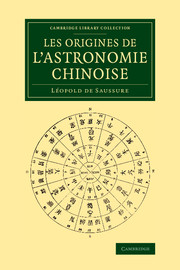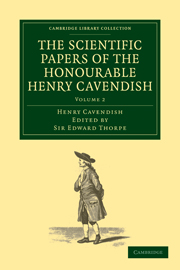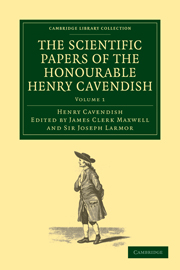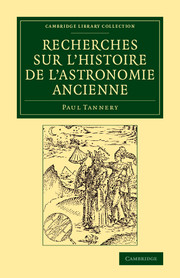Vienna is the second-oldest German-speaking university, founded in 1365 by Pope Urban V, seventeen years after the University of Prague. Albert of Saxony, formerly rector of the University of Paris, brought the hitherto secret statutes of that establishment to Vienna as a basis for the new university, and he became its first rector. Students came from all over Europe, but especially from the four nations, Austria, Bohemia, Saxony, and Hungary.
In the sixteenth century, the university joined the battle against Lutheranism, but not without misgivings, since most of the Viennese had become convinced Protestants. In 1550, the Jesuits were called into Vienna, where they established a number of excellent lower schools. The counter-reformation now began in earnest, with many expulsions and a few burnings at the stake, until Catholicism was firmly re-established in the Habsburg lands after a struggle of one hundred years. The professors for the most part resisted the clerics until 1617, when the university was formally united with the Society of Jesus. The Society was a militant order, and no sooner had it achieved its aims, than it began to lose interest in the university and to look for other enemies, which it found in the Dominicans who had refused to swear an oath to the Immaculate Conception of Mary.
In 1683 the Turks appeared in force at the gates of the city. The court fled but the burghers and soldiers defeated the Turkish army, and this siege marked the high point of the Moslem invasions, as the power of the crescent gradually receded from Europe. One thing Vienna learned from the Turk was a love for coffee, and coffee houses soon rivaled university class rooms as centers of intellectual activity.
Charles VI made extensive reforms in the university studies, which he directed more toward the service of the state and less to that of the church. His daughter, the Empress Maria Theresia, who gave Francis I five sons and eleven daughters, embraced the spirit of the Enlightenment with increasing fervor and encouraged the university to develop in new directions. She also provided funds for a magnificent new building, which was opened in 1756 with great celebrations. In 1780, Josef II issued a patent of tolerance, which abrogated the Catholic oath; Protestants and even Jews were admitted to degrees, but not women of any persuasion.




